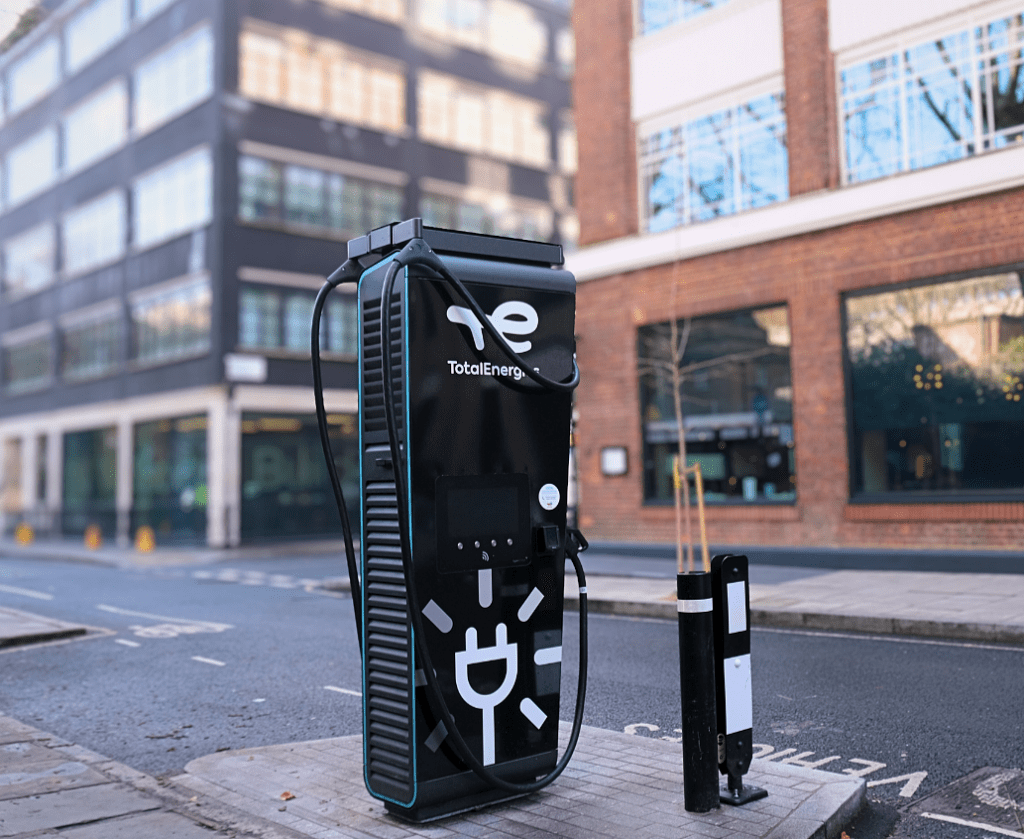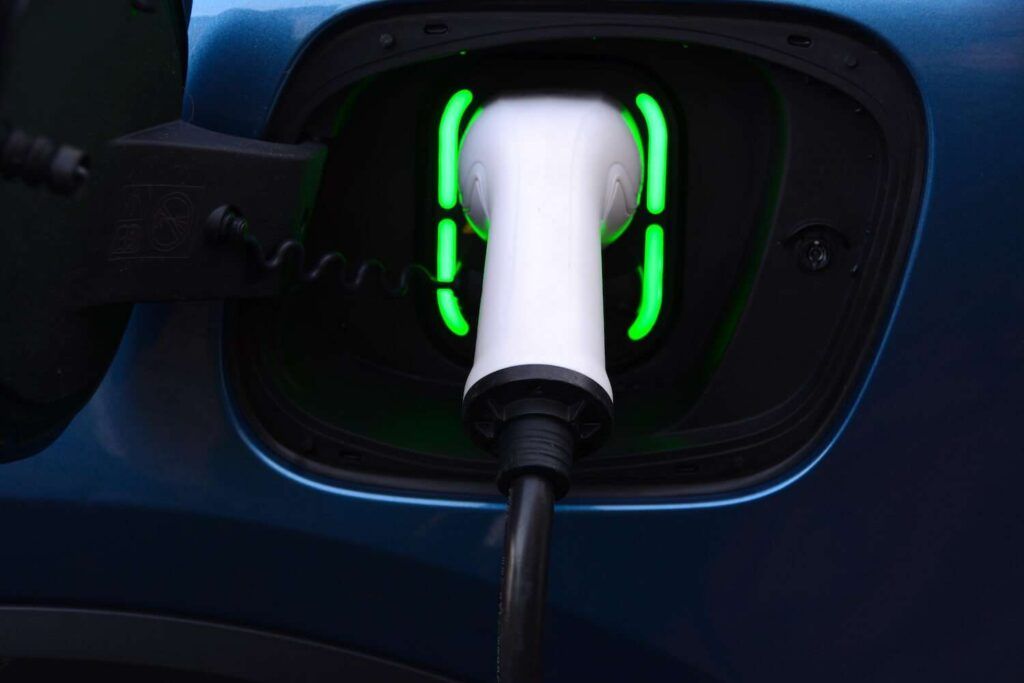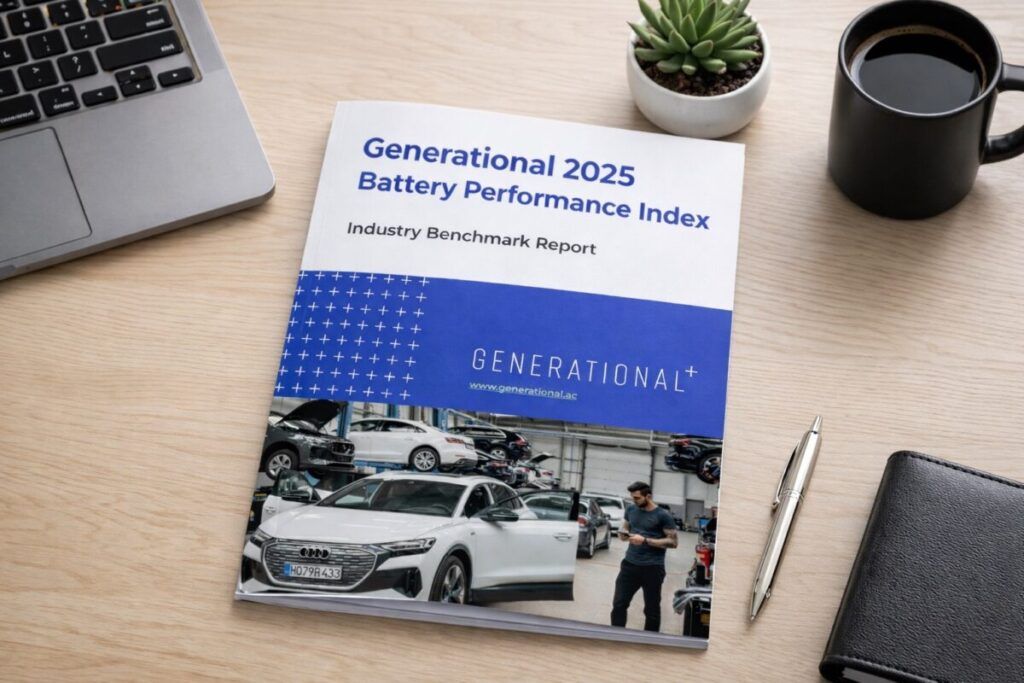Earlier this month Britishvolt hit another milestone in its mission to build the country’s first battery Gigaplant after successfully securing ownership of its site in the North East. In this exclusive comment piece Founder and CEO Orral Nadjari reflects on the company’s progress, its reasons for building the Gigaplant and why it chose Northumberland as the location.
The writing, as they say, is firmly on the wall. The newspapers, the web, social media for that matter. You name it, one message is blindingly clear. Globally we are in a race, a race to net-zero. It shouldn’t be underestimated how timely this crusade is. Mother Nature is at tipping point. The Earth is warming and with it, the glaciers are melting. A climate emergency is upon us. We have a chance now to help the healing, if we act straightaway. Right now. That is my personal opinion, and also one of the core objectives to why I decided to set about creating and developing Britishvolt.
One of the main rationales for success, to reduce carbon in the atmosphere, is to switch from fossil fuels to renewable energy. Another huge component is the electrification of mobility. Both, in reality, go hand in hand. Britishvolt’s mission is to accelerate that transition and to reimagine supply chains along the way. Recent news that we have taken ownership of the world-class site in Northumberland simply reinforces our ability to deliver on track, in a timely fashion.
Let’s take a moment to reflect on that site. Located next to a deep port, a train terminal that can be brought back to life, access to an abundance of offshore wind energy and also plugged into the North Sea Link, meaning we can take delivery of hydro
Here at Britishvolt we often claim to have the best Gigaplant site in the UK, if not Europe. Some may think we are being a touch too bombastic in that statement. However, I ask the naysayers to do the same extensive research that Britishvolt Chairman Peter Rolton did before joining the business. Rolton Group, Peter’s family business, were responsible for searching for the prime Gigaplant site in the UK. He was the driving force behind selecting the North East. Why? Because there are no other locations on the UK map plugged into the grid ready for the on button to be flicked.
The UK needs a Gigaplant to assist the country’s auto sector as we switch to electric powertrains. Batteries are large, heavy objects, made up of complex chemistries, that do not travel long haul so well. Shipping batteries from Asia, as is current practice owing to the dominance of industry there, is massively counterintuitive to a successful roadmap to net-zero.
This is where we have to start reimagining the supply chain.
When we eat, we like home grown, or at least as close to source as is possible. It should be the same philosophy for battery production, at the end of the day, it’s the same net result, a lower carbon footprint.
The best idea, from where we sit, is to co-locate selected partners to the site in Northumberland. That way we can take the more energy intensive parts of the ecosystem and power them on the abundance of renewable energy on site. We also completely remove parts of the logistics trail by operating in a shared space; think WeWork, or similar, on a manufacturing scale.
Ultimately, the entire decision behind the Britishvolt project is one to help safeguard the UK’s automotive sector on the journey towards electrification. By building the country’s first lithium-ion Gigaplant we are pushing the UK forward towards a more sustainable future, both for the environment and the jobs market.
The factory will create around 3,000 direct jobs when at full capacity in 2027. That’s 1,000 jobs per 10 GWh. We will stagger the rollout of the facilities in two-year intervals, with initial output by the end of 2023. This way we can manage and adapt to any changes in technology.
So, let’s condense the narrative; we have the best Gigaplant site in the UK, potentially the only one plugged into the grid ready to go. Some of the best battery expertise in the business, nurtured right here in the UK. The ability to scale up at pace, utilising the existing UK battery R&D ecosystem. Ballooning demand for electric vehicle batteries, and an industry that will be governed by increasingly stringent Rules of Origin regulation. An opportunity to rethink and localise the supply chain, as the world battles with the continued climate crisis. And on top of all this, the opportunity to up-skill and futureproof employment for generations to come.
As I tell my team, take time to reflect on the small wins. We have had plenty, with many more, small and large, on the horizon.
Together, along with the UK, we deserve to celebrate our continued victories as we head closer and closer to our target. However, this project isn’t about a single individual. Britishvolt is the story of UK plc and the country’s people. This is a huge team effort. We all have our part to play.
Image courtesy of Britishvolt.












